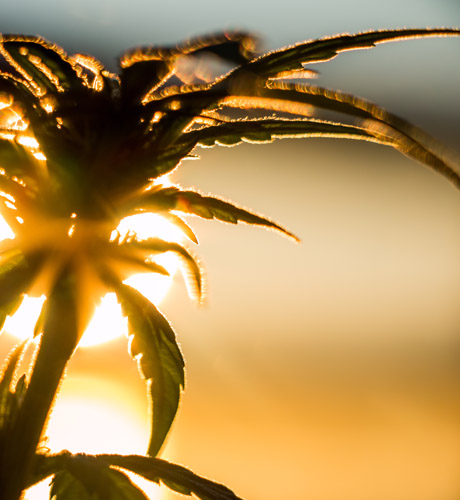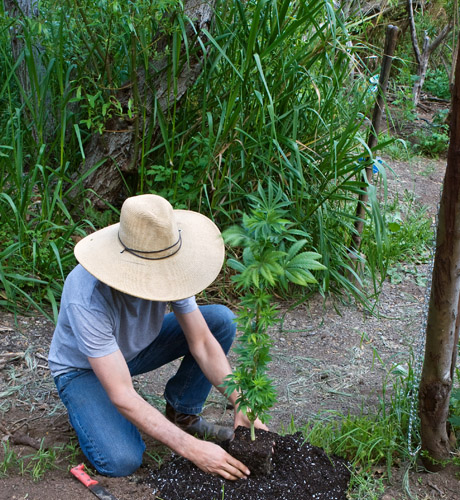


Tweed and Snoop Dogg Launch Leafs by Snoop for Canadian Market
Feature Story ι October 12, 2016
![]()
Tweed Inc., Canada's largest and most recognized producer of cannabis, and Snoop Dogg (Snoop), the world's most renowned cannabis connoisseur, are please to announce that Leafs by Snoop will be available in Canada this October, exclusively to customers registered with Tweed.
Read full story...


Marijuana.Ca Directory
Explore Our New Categories:
![]()
Strains & Oils
Licensed Producers
Seeds & Clones
Lab Testing
Clinics
Home Growing
Grow Equipment





Patient Voices
Ian Frizell & Parkinson's
This video demonstrates the effect that marijuana/cannabis has upon my Parkinson's Disease tremor. MPs in the UK are backing a call to legalise it for medical use.
Managing Parkinson’s Disease Symptoms With Medical Marijuana
Parkinson’s Disease (PD) is a neurodegenerative disease that is caused by destruction of dopaminergic neurons (i.e. cells of the nervous system that make and release dopamine, a signalling molecule) in the substantia nigra (SN), an area of the brain involved in regulating movement. Patients with Parkinson’s Disease experience tremors, slowed movement, muscle stiffness, balance issues, sleep disturbance, and more. Parkinson’s Disease is a debilitating disease with no cure, although there are treatment options available. For patients with PD with difficult-to-control symptoms, or for those who are experiencing severe negative side effects from standard therapy, cannabinoid medicine may provide necessary relief in some instances.
In a study published in the Journal of Psychopharmacology in September 2014 found that treatment with 300 mg/day of the cannabinoid cannabidiol (CBD) in patients with Parkinson’s Disease, without dementia or comorbid psychiatric conditions (i.e. those occurring at the same time as the primary disease), increased well-being and quality of life compared to patients who had received the placebo (an inactive treatment used to attempt to control for “expectancy effects”). However, there was no improvement in measures of motor (i.e. movement) and general symptoms, and no evidence for possible neuroprotective effects, and the sample size was small, with only 21 participants split into 3 groups (placebo, 75 mg/day CBD, and 300 mg/day CBD). In spite of the lack of significance in certain measures and the small sample size, these results are impressive, especially given that the increase in well-being and quality of life resulted from use of a non-psychoactive cannabinoid.
More @ Medical Jane
→ Click here to see more Patients' Voices videos in the Marijuana.Ca Archive